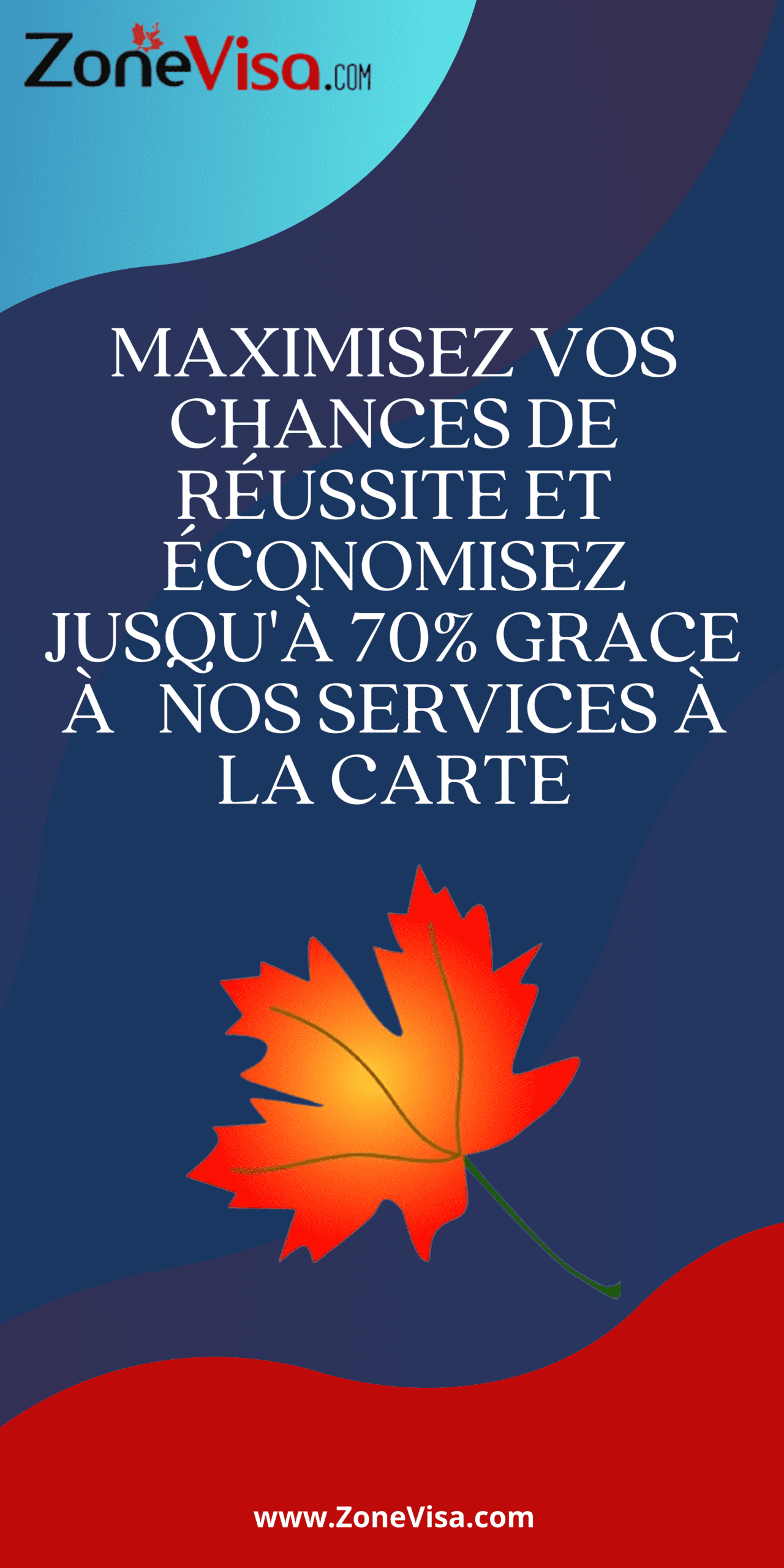Introduction
Canada is known for its welcoming culture and diverse opportunities, making it a popular destination for immigrants from all over the world. However, before embarking on this journey, it is crucial to understand the eligibility criteria for a visa in Canada. In this article, we will explore the key factors and requirements that determine whether an individual qualifies for immigration to Canada.
Educational Background
One of the primary considerations for visa eligibility in Canada is an applicant’s educational background. The Canadian government places importance on individuals who hold degrees or diplomas from recognized institutions. The Ultimate Guide to Canada Immigration emphasizes the need for educational qualifications that align with the National Occupational Classification (NOC) codes. These codes establish the skill level and type of work experience that an individual possesses, which is a crucial aspect when determining visa eligibility.
Language Proficiency
Proficiency in English or French is another key requirement for visa eligibility in Canada. The ability to communicate effectively in one of these official languages is essential for successful integration into Canadian society. The Guide to Canada Immigration highlights the importance of language tests, such as the International English Language Testing System (IELTS) or the Canadian English Language Proficiency Index Program (CELPIP), in evaluating an applicant’s language abilities. Achieving specific scores in these tests is often necessary to meet the language proficiency criteria.
Work Experience
Having relevant work experience in Canada is a significant advantage when applying for a visa. The Ultimate Guide to Canada Immigration emphasizes that applicants with previous Canadian work experience can earn additional points in the application process. The Immigration, Refugees and Citizenship Canada (IRCC) assesses work experience based on the NOC codes, so employment that aligns with these codes greatly increases an applicant’s chances of eligibility for a visa.
Age
Although there is no strict age limit for immigration to Canada, younger applicants often have a higher chance of eligibility. The Canadian government values younger individuals as they are more likely to contribute to the country’s economy and adapt to the evolving job market. The Ultimate Guide to Canada Immigration suggests that individuals between the ages of 18 and 35 are considered most desirable for immigration purposes.
Adaptability Factors
In addition to the above criteria, adaptability factors also play a significant role in visa eligibility. These factors assess an applicant’s ability to integrate into Canadian society based on various aspects, including language proficiency, work experience, and family ties in Canada. The Ultimate Guide to Canada Immigration explains that having a spouse or common-law partner in Canada or previous study experience in the country can positively impact an applicant’s eligibility for a visa.
Financial Capability
To qualify for a visa in Canada, applicants must be able to demonstrate their financial capability. The IRCC requires individuals to have sufficient funds to support themselves and their dependents during their stay in the country. The Guide further highlights that providing proof of funds is essential to ensure successful visa approval.
Conclusion
Understanding the eligibility criteria for a visa in Canada is crucial when considering immigration to this welcoming country. Through assessing factors such as educational background, language proficiency, work experience, age, adaptability factors, and financial capability, individuals can gain a comprehensive understanding of their eligibility for a Canadian visa. By adhering to these requirements, aspiring immigrants can embark on the journey to make Canada their new home and seize the numerous opportunities the country has to offer.



